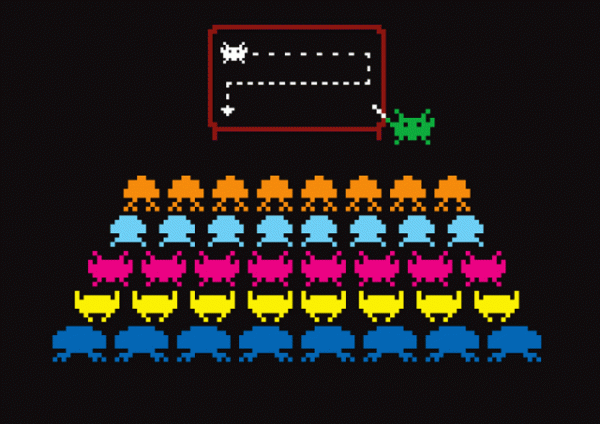I’ve been watching the second season of Fargo, which is a great show. The second season is set in the 70’s, so much like Mad Men, the sexism is blindingly obvious, as it was in the first season of Fargo. The portrayals of sexism in both seasons are a bit different though, with Season 1 dealing with issues like workplace and promotion problems and Season 2 looking a little more like Mad Men. Obviously they are trying to stay true to the time period, and probably they are trying to showcase how ridiculous sexism was back then. I’m not surprised by the blatant sexism in the show; it would, in a sense be strange if it were missing. But, as I watch, I can’t help but wonder why it’s so easy to look back and clearly see how women were treated as “less than,” while, at the same time, it’s so hard for many to look around today (in 2016) and not see how women are still treated as “less than.” Instead, when we at NYMG or other women on the internet post our thoughts, we are often accused of “trying to play the victim” or of incorporating “impressive mental gymnastics” to make our points. Not to mention the abuse and threats that often follow women around the internet.
Even though the sexism depicted in shows like Fargo and Mad Men seems so much worse than the (somewhat) less obvious (on the surface anyway) sexism of today, I never celebrate the progress. Mostly, I wonder if we have even had much progress. This is a typical theme for me (and I’m sure it’s typical for many of our readers): The more things change the more they stay the same. When I think about or study sexism, racism, or classism, I always circle back around to how things never really seem to change. And, so far, I haven’t even mentioned the race and class issues portrayed in Fargo: the one African American character (who is, of course, a villain), the atrocious portrayal of a Native American and how he is treated, and setting up the lower class as either villains or people who are unable to make good choices, just to name a few. Lack of diverse characters and class shaming is still pretty prevalent today, as is sexism, but so many people seem so blind to these issues. Often it seems like willful blindness, but just as often, it seems like simple ignorance and an unwillingness to engage with or examine preconceived notions and beliefs.
I wonder what the landscape of the ism’s (sexism, racism, classism, etc.) will look like in forty years. Will we look back on 2016 and wonder why it wasn’t obvious that harassing women on the Internet was a problem? Will we look back and clearly see that “bathroom bills” are not only ridiculous but cause actual violence and harm? Will we look back and say, “I’m so glad we finally figured out rape is not the victim’s fault”? Will they make a show about 2016 that highlights the wage gap and problems women face in the workplace? Will we all shake our heads and wonder why we didn’t see it back in 2016? If so, why can’t we see it now?
As it stands today, we get a lot of resistance when these issues even come into conversation. We hear about how we are just “looking to be offended” or (again) “looking to be a victim.” We get mansplained to or ignored or dismissed. Lately on my Facebook feed, I’ve seen an upsurge in men taking exception to the term “mansplaining.” The push back often comes in the form of “not all men” or “it’s sexist because women can do it, too.” While that is probably technically true, for me mansplaining comes across pretty much exactly like white fragility. When I run into either mansplaining or white fragility, what I actually hear is “I don’t like to think I’m a bad person (or a sexist or a racist, etc.), so I need to defend against any criticism that might suggest I’m—insert ism—so I can go back to feeling good about myself.” And, I think that’s a least part of why we can’t see the problem in 2016 as clearly as we can look back and see the problems in the 60’s or 70’s. Certainly, there are other problems. People resist being at the bottom of society and in some cases will take whatever advantage they can get. But, we have to move past this resistance to recognizing our own shortcomings. This unwillingness to engage with our own messed up thoughts (that were often gifted to us by a broken society) leads to a blindness to what is actually happening right now in 2016.




